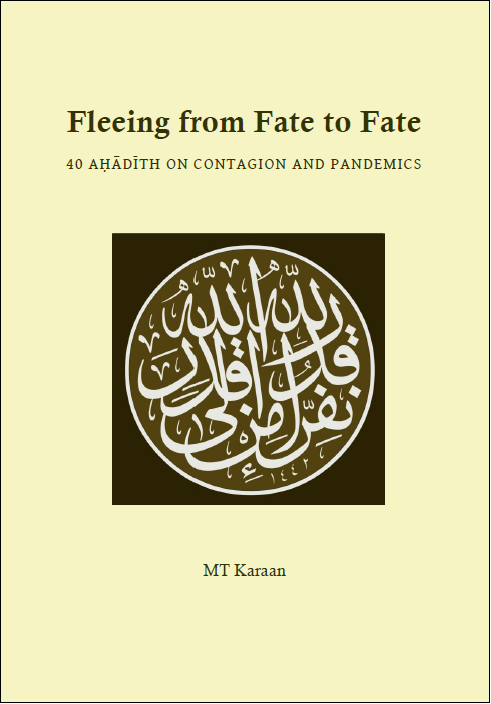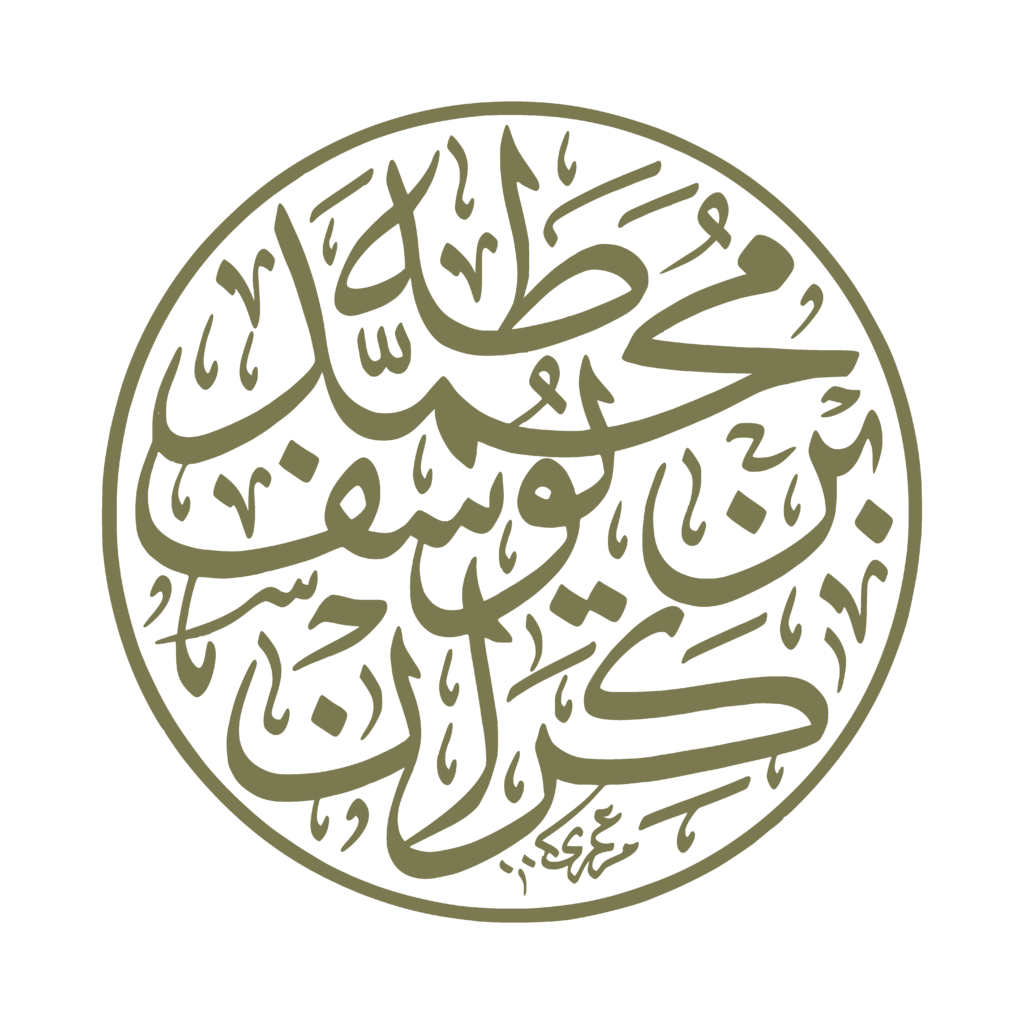Lowering the Gaze
What are the views of the four madhāhib in relation to the obligation of lowering the gaze for both genders, with or without desire.
What are the views of the four madhāhib in relation to the obligation of lowering the gaze for both genders, with or without desire.
Is it permissible to invoke the principle of need to allow the use Ribā-bearing (interest-bearing) loans as financing?
As a Shāfiʿī, is it permissible to give a Fiṭrah parcel consisting of 2 kg rice and other “staples” like peanut butter, flour, oil, noodles, etc?
For how long after nikāḥ, if consummation doesn’t take place, does the nikāḥ still stand? Is there any time limit? Especially if the couple is comfortable and have an understanding?
The Arabic words siyâm and sawm literally mean ‘abstention’ and as such any avoidance even of speech may be called sawm. An example of this comes in sûrah Maryam, verse 26: “I have taken an oath to perform sawm… and as such I will not speak to any human today.” Legally however it means: “for a specific person [the mukallaf who intends it] to abstain from specific matters [the three nullifiers] for a specific period [from true dawn until sundown].”

40 AḤĀDĪTH ON CONTAGION AND PANDEMICS
The idea of collecting a number of aḥādīth on contagion, pandemics and related matters was born just as the second wave of Covid-19 infections began rising in South Africa. A medical professional requested texts from the seminal sources of Islam that would counter a narrative in which religion was being pitted as inexorably anti-science. What began as a handful of ḥadīth texts grew into a collection of 40 aḥādīth on adopting preventative measures during pandemics – in line with the time-honoured arbaʿīn format of the Muḥaddithīn.

The following short lecture series by Mufti Taha Karaan methodically covers the historical development of the Shāfiʿī madhhab. This includes the Usuli development of the madhhab, major figures that propagated the madhhab, evolution of the madhhab in different geographical locations including the impact the had on the outlook of the madhhab, and the personalities that undertook the task of synthesizing or refining the variant opinions within the madhhab.
Muslims in the Western Cape are divided into two parties regarding the celebration of the two Eids. Some celebrate according to local sighting while others follow Saudi Arabian sighting. While this issue has been examined from various angles none have resolved the differences. What is the way forward for concerned Muslims?

In the year 2000, Mufti Taha Karaan was invited to debate a famous Shīʿī dāʿī, Dr. Hosseni from Iran. The debate covered several pertinent topics, including: the distortion of the Qurʾān; the authority of the Ahl al-Bayt in light of the Qurʾān and Sunnah; the verses of purification; the wives of the Prophet; the people of Badr; and the concept of abrogation (naskh).
Mufti Taha Karaan responds to an article titled “Follow Islamic finance path in reforming Islamic law”. Both the article and Moulana’s response is included.
The call for Sunni-Shi‘i unity, and its concomitant call towards regarding the Shi‘i Ja‘fari madhhab as a fifth madhhab alongside the four Sunni madhahib, will come as no secret to Sunnis acquainted with Shi‘ism.
In a world that is becoming increasingly hostile towards Islam and Muslims, the need for solidarity amongst Muslims has become acutely pronounced. It would be logical to expect from advocates of such solidarity that they do not actively engage in or support activities that might prove disastrous to Muslim unity, and that they would by no means allow such activities to exist. What, then, are the implications of unabated Shi‘i missionary activity in Sunni societies, with the full support—by deed or by acquiescence—of the Iranian government?
Protagonists of Sunnī-Shīʿī unity claim that the differences between Shīʿah and Sunnī are no different than the differences between the four Sunnī schools of jurisprudence and thus should be treated with the same tolerance and acceptance as Ḥanafī-Shāfi‘ī differences. In this article, the fundamental differences between Shīʿah and Sunnī are examined, and the obtuseness of such claims made apparent.
I have a question regarding how to dispose of parts of the Quran or any islamic scripture in a manner which is not degrading? I am asking in light of the Quran burning in Sweden. So, a thought came to my mind, if me or anyone has or finds part of a Quran or if the Quran is not in a state in which it can be used, as a muslim you obviously dont want to throw it in the bin with dirt and rubbish. How do you then, in a beautiful manner, discard it.
Is it permissible to follow the minority opinion within the Shāfiʿī madhhab of reciting Qunūt in Witr daily and not to recite it in Fajr?
Does the use of an asthma pump/inhaler break your fast?
Does your Wuḍūʾ break when touching a female?